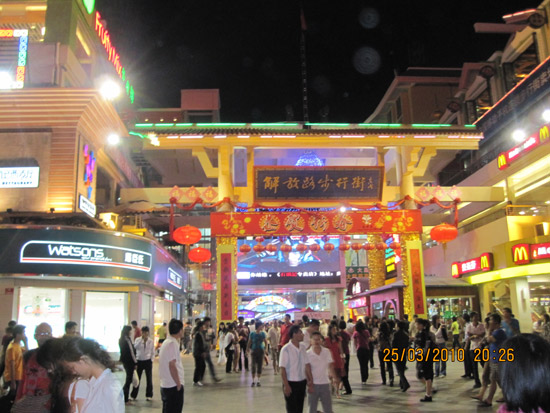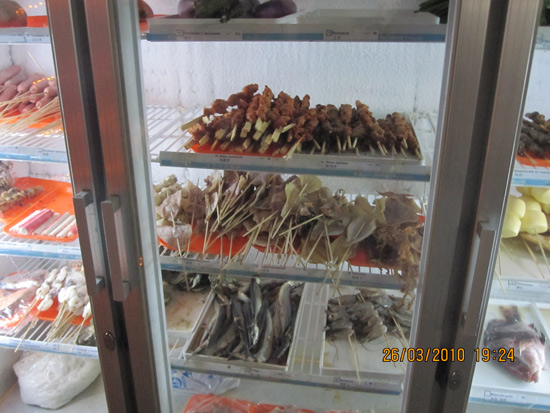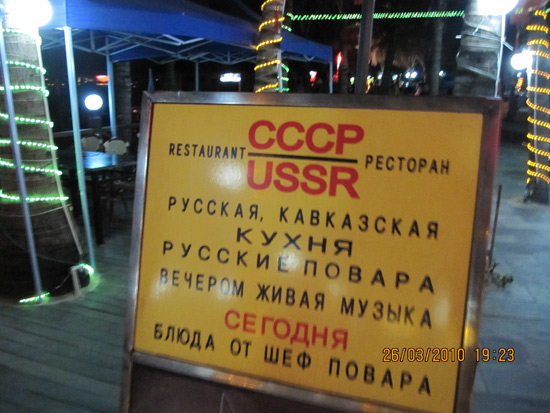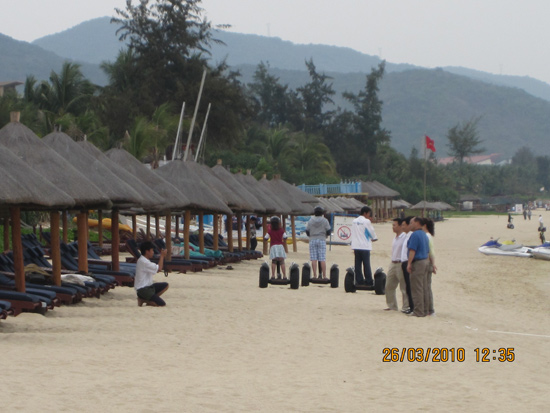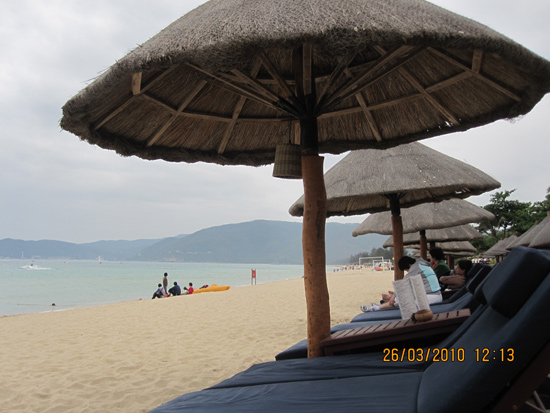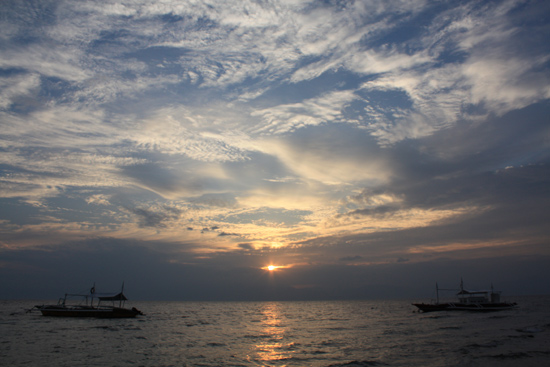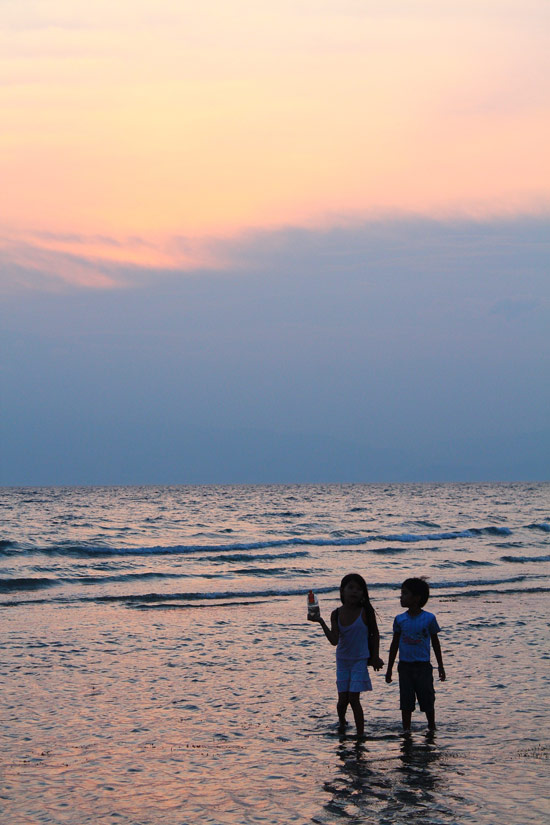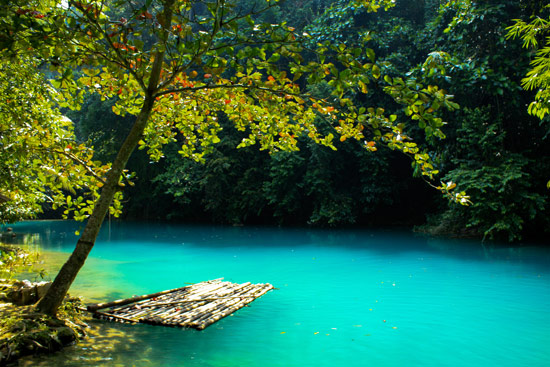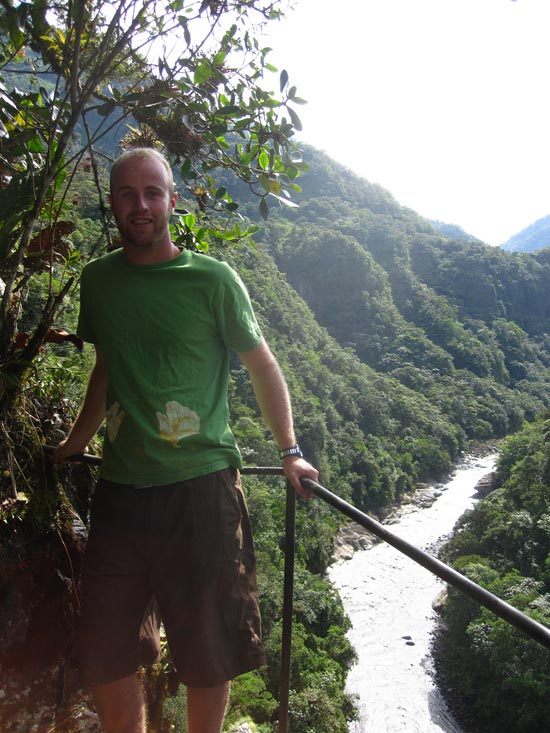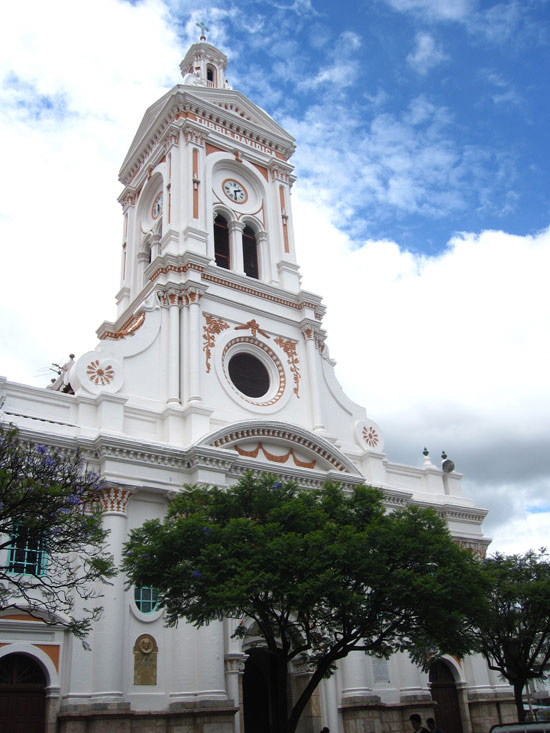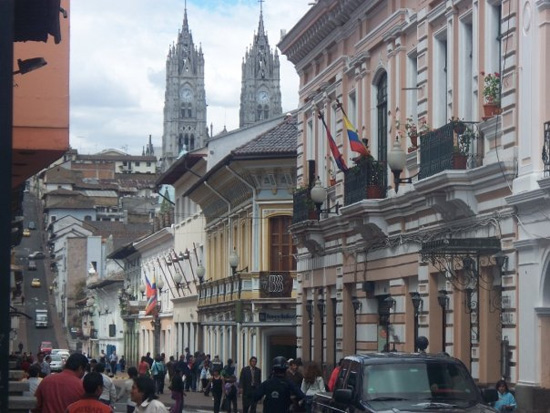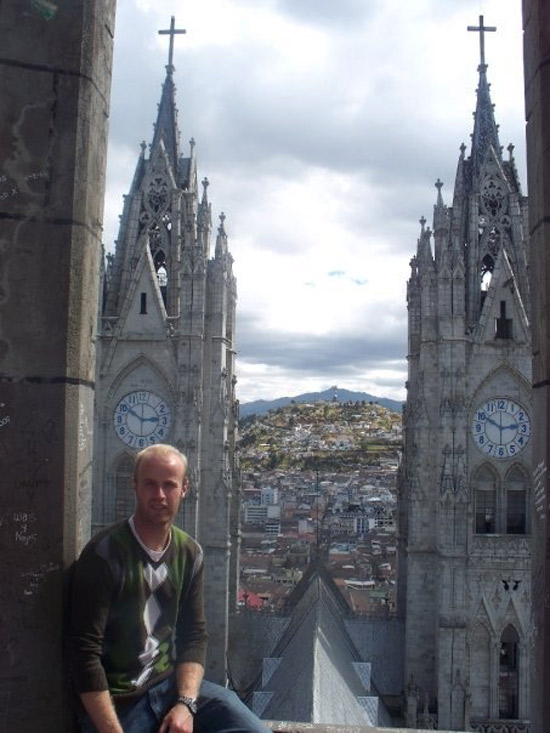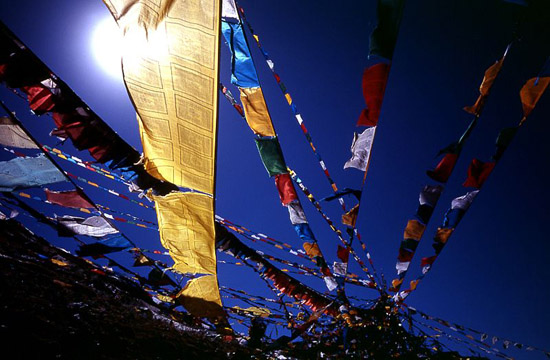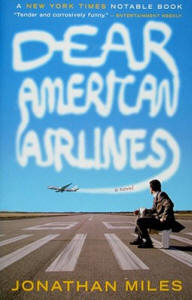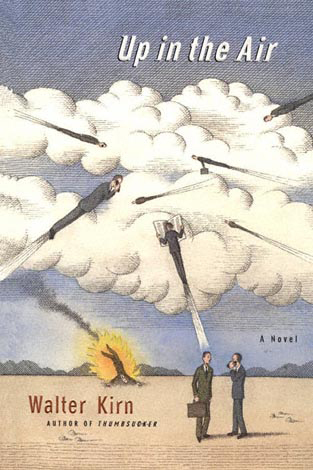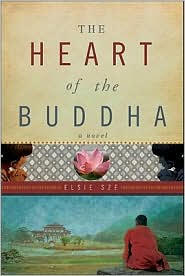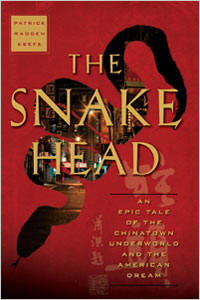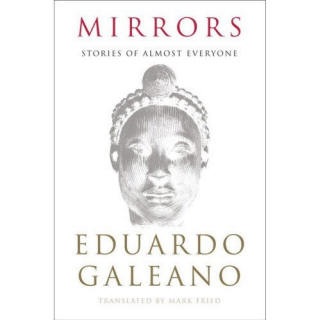
In April 2009, at the Summit of the Americas in Trinidad and Tobago, Venezuela’s President Hugo Chavez handed President Barack Obama a copy of Open Veins of Latin America: Five Centuries of the Pillage of a Continent by Uruguayan writer Eduardo Galeano. Published in 1971, this treatise details the history of European colonization of Latin America and argues that the United States has exercised a negative influence in the region throughout recent times.
Obama might now want to consider adding Galeano’s latest work—Mirrors: Stories of Almost Everyone, translated from the Spanish by Mark Fried—to his library.
A provocative and wholly original interpretation of human history, Mirrors consists of nearly 600 vignettes and succinct essays written in a meditative prose that leaves oneyou virtually breathless for its beauty and piquancy. Galeano’s writing style, which lilts in rhythmic back-and-forth exposition, then culminates into a final, salient point, parallels Gabriel García Márquez and John Dos Passos. However, neither magical realism nor surrealism is at work here—realism is.
Galeano believes the authentic history of mankind has been falsified by convention and the élites who retain ultimate authority over what is to be remembered, recorded, and propagated. His task is to unveil the realities of human existence that impact and form our shared identity throughout time—be they love, war, racism, creativity, repression, poverty, valor, prosperity, knowledge, diversity, death, memory, tyranny, or contentment.
Make no mistake, though. Mirrors is no easy stroll through the annals of centuries-old, oft-told chronicles of our past. While it offers moments of lightheartedness, it’s mostly a solemn book, free of smug congratulations, exalting the integrity of humankind. Galeano demands that the historical record be viewed through a revisionist lens, wresting history from its glut of constraining inaccuracies to reclaim truth-telling and exactitude.
In doing so, he creates a masterwork of mosaics. Stories of Harriet Tubman; Ho Chi Minh; Murasaki Shikibu and Sei Shōnagon, female Japanese writers whose novels "share the rare honor of being praised a millennium after the fact;" Hollywood; Vermeer; Queen Juana of Castile; Lenin; the Marquis de Sade; the Barbie doll; "outlawed writer" Isaac Babel; Peruvian liberator Túpac Amaru; Darwin; King Midas of Phrygia; Jomo Kenyatta; ITT, BMW, and IBM; Aphrodite and Apollo; and U.S. Secretary of State Dean Acheson appear in a wondrous and seemingly endless procession of people, places, epochs, and events.
You have to marvel at Mirrors’ magnitude and Galeano’s dexterity. In the space of a ten- to fifteen-line narrative, he constructs scene, personhood, and a moment in time with precise poetic finesse and pieces together the magnificence and savagery of our "human adventure" here on Earth. Here are examples of Galeano’s thrifty, yet profound style:
“Word Smugglers”
Yang Huanyi, whose feet were crippled in infancy, stumbled through life until the autumn of the year 2004, when she died just shy of her hundredth birthday.
She was the last to know Nushu, the secret language of Chinese women.
Their female code dated from ancient times. Barred from male language, which they could not write, women founded a clandestine one, out of men’s reach. Fated to be illiterate, they invented an alphabet of symbols that masqueraded as decorations and was indecipherable to the eyes of their masters.
Women sketched their words on garments and fans. The hands that embroidered were not free. The symbols were.
“Resurrection of Camille”
The family declared her insane and had her committed.
Camille Claudel spent the last thirty years of her life in an asylum; held captive.
It was for her own good, they said.
In the asylum, a freezing prison, she refused to sketch or sculpt.
Her mother and her sister never visited her.
Once in a while her brother, Paul the saint, turned up.
When Camille the sinner died, no one claimed her body.
It was years before the world discovered that Camille had been more than the humiliated lover of Auguste Rodin.
Nearly half a century after her death, her works came back to life. They traveled and they astonished: bronze that dances, marble that cries, stone that loves. In Tokyo, the blind asked and were allowed to touch the sculptures. They said the figures breathed.
Mirrors follows a chronology—beginning with the delightfully paradoxical "Origin Of Man"—but doesn’t adhere to a fixed timeline. In story after story, you learn about acts of virtue and contributions to cultural identity that aren’t commonly known or valued, because they’ve been "rewarded with collective amnesia." "Legacy Denied" describes the eight-centuries-old "Muslim legacy" left behind by the Moors in Spain, "whose culture shone there as nowhere else" and of which "[m]any Spaniards know nothing." "Another Missing Father" tells of forgotten founding father Robert Carter and the freeing of his 450 slaves 70 years before the abolition of slavery, a deed that "condemned him to solitude and oblivion."
And the attribute that may be most praiseworthy—that forces Mirrors to poke at your conscience and stay in your memory long after you’ve finished its last entry—is the way Galeano fuses past and present to demonstrate that there’s no veering away from time’s continuum. The present is molded from the past, just as the future is the fusion of every moment that precedes it:
“Guernica”
Paris, spring of 1937: Pablo Picasso wakes up and reads.
He reads the newspaper while having breakfast in his studio.
His coffee grows cold in the cup.
German planes have razed the city of Guernica. For three hours the Nazi air force chased and machine-gunned people fleeing the burning city.
General Franco insists that Guernica has been set aflame by Asturian dynamiters and Basque pyromaniacs from the ranks of the Communists.
Two years later in Madrid, Wolfram von Richthofen, commander of the German forces in Spain, sits beside Franco at the victory parade: killings Spaniards was Hitler’s rehearsal for his impending world war.
Many years later in New York, Colin Powell makes a speech at the United Nations to announce the imminent annihilation of Iraq.
While he speaks, the back of the room is hidden from view, Guernica is hidden from view. The reproduction of Picasso’s painting, which hangs there, is concealed by an enormous blue cloth.
UN officials decided it was not the most appropriate backdrop for the proclamation of a new round of butchery.
- Follow us on Twitter: @inthefray
- Comment on stories or like us on Facebook
- Subscribe to our free email newsletter
- Send us your writing, photography, or artwork
- Republish our Creative Commons-licensed content


